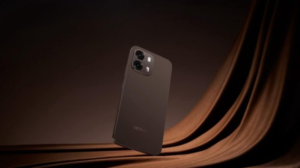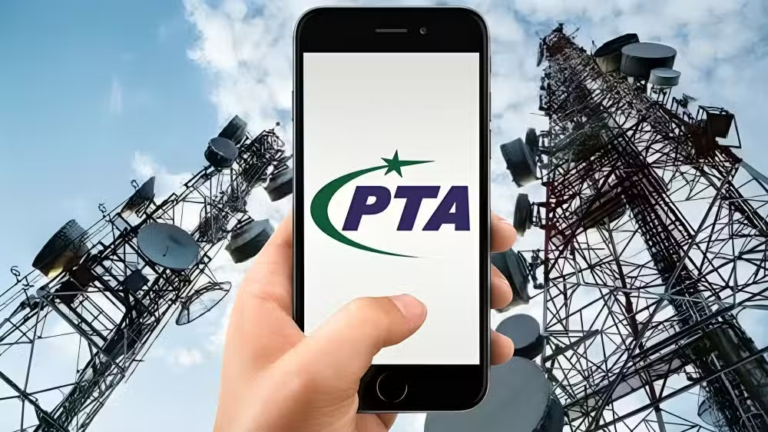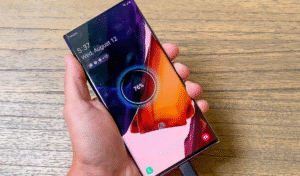
OpenAI is reportedly expanding its creative capabilities beyond text and visuals — this time, into the world of music generation. According to a new report by The Information, the company is developing a groundbreaking tool that can produce original music from both text and audio prompts, marking a major leap in generative AI technology.
Sources close to the project revealed that OpenAI has partnered with students from The Juilliard School, one of the world’s most prestigious performing arts institutions, to refine the system’s musical understanding and ensure high-quality training data. This collaboration aims to give the model a deeper sense of rhythm, melody, and creative nuance — traits essential for professional-level music composition.
The AI tool reportedly envisions allowing users to generate everything from guitar accompaniments and full instrumental arrangements to custom soundtracks for videos and short films. With minimal input, creators could soon be able to produce fully realized songs tailored to specific moods, genres, or storylines.
Industry analysts say this move could position OpenAI as a direct competitor to Google’s MusicFX, Suno AI, and Udio, which have already begun exploring AI-driven music composition. However, OpenAI’s vast training infrastructure and integration with ChatGPT could give it a distinct edge by combining natural language understanding with real-time music generation.
If implemented, the feature would represent a seamless creative experience — where a user could describe the desired style, instruments, tempo, or even provide a short audio clip, and the system would compose an original piece within seconds.
Experts suggest this tool could become invaluable for content creators, advertisers, educators, and filmmakers, offering a cost-effective alternative to traditional music production while opening new possibilities for collaboration between humans and AI.
However, questions remain around copyright and licensing, particularly regarding AI-generated compositions trained on existing musical works. OpenAI has yet to issue a formal statement addressing these challenges, though reports indicate that ethical data sourcing and copyright transparency are central to its development process.
The company’s growing investment in creative AI tools — from ChatGPT for writing and code to DALL·E for image generation and now potentially music — signals its intent to become a one-stop platform for generative creativity.
With early testing underway and partnerships like Juilliard in motion, OpenAI’s entry into the music domain could redefine how the world creates and consumes sound — blending artistic inspiration with artificial intelligence in unprecedented ways.









